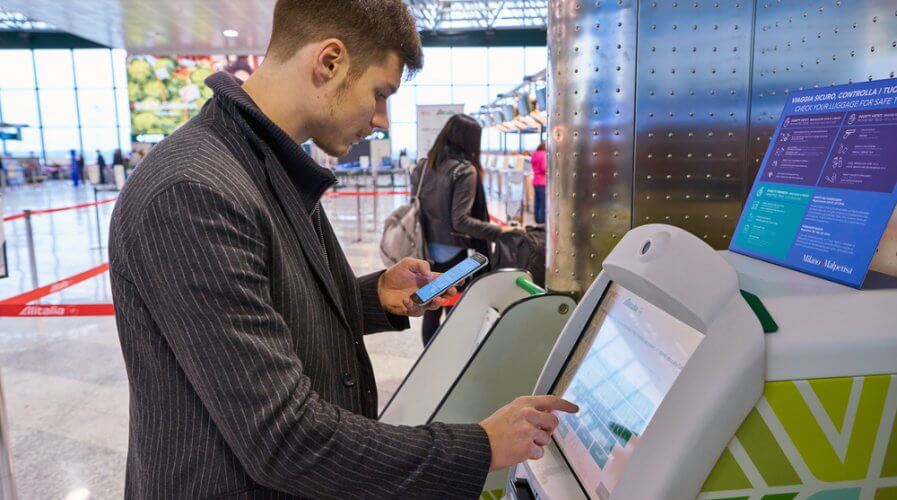
Specialists are keen on making business travel more intelligent. Source: Shutterstock
Business travel can be automated easily — but can it be made intelligent?
BUSINESS travel is not going to be replaced by video conferencing and other exciting technologies anytime soon — but experts, including SAP Concur APAC and Greater China Head of Travel Carl Jones, believe it’ll become automated and intelligent in the near future.
Currently, managers and employees spend time putting in travel requests, reviewing and making bookings, managing budgets, filing expenses, and paying reimbursements.
Unfortunately, most of the processes related to business travel are performed on disparate systems that don’t talk to each other, making the process cumbersome for managers as well as employees.
In the age of technologies such as big data, cloud, and artificial intelligence, employees expect smarter interfaces, better experiences, and digital solutions to help them become more productive — which is why organizations need to migrate to a single, intelligent system that helps managers and employees deal with business travel effortlessly.
The first step, of course, Jones told Tech Wire Asia, involves deploying a platform that is designed for this purpose and integrates all the disparate tasks and functions seamlessly.
With cloud-based applications available as a service, the option is something most companies can explore and invest in quite easily. Since they bring together a variety of modules, automation of sequential processes isn’t hard — and normally takes only minimal effort.
However, in order to truly take the business travel experience to the next level, organizations need to work with specialists to build something that is not only automated but also intelligent.
Building something intelligent requires that the organization not only collects data about its own users but also data from a number of other sources such as air and rail fares and routes, road traffic, hotel occupancy & tariffs, and much more.
“In the APAC, the biggest challenge is being able to pull together that data and marrying it with different sources to create intelligence in real-time.
“In the next few years, my vision is that all of this data will come together seamlessly, accurately, on the cloud, and in real-time, to drive insightful decision making with regards to business travel.”
When working with clients keen on transforming their corporate travel program, Jones advises them that the change isn’t going to be one swift move from something that is automated to something that is intelligent.
Instead, it’s going to be a journey Jones advises — one that might take a little time to put together but will definitely delight employees as well as save time and costs for the organization in the long run.
At the end of the day, what really matters to executives who are traveling for work is that they’re comfortable and are able to use their time well.
When organizations build an intelligent business travel program — with support from specialists — that’s exactly what they’re able to deliver, while also optimizing resources for themselves.
READ MORE
- Strategies for Democratizing GenAI
- The criticality of endpoint management in cybersecurity and operations
- Ethical AI: The renewed importance of safeguarding data and customer privacy in Generative AI applications
- How Japan balances AI-driven opportunities with cybersecurity needs
- Deploying SASE: Benchmarking your approach


